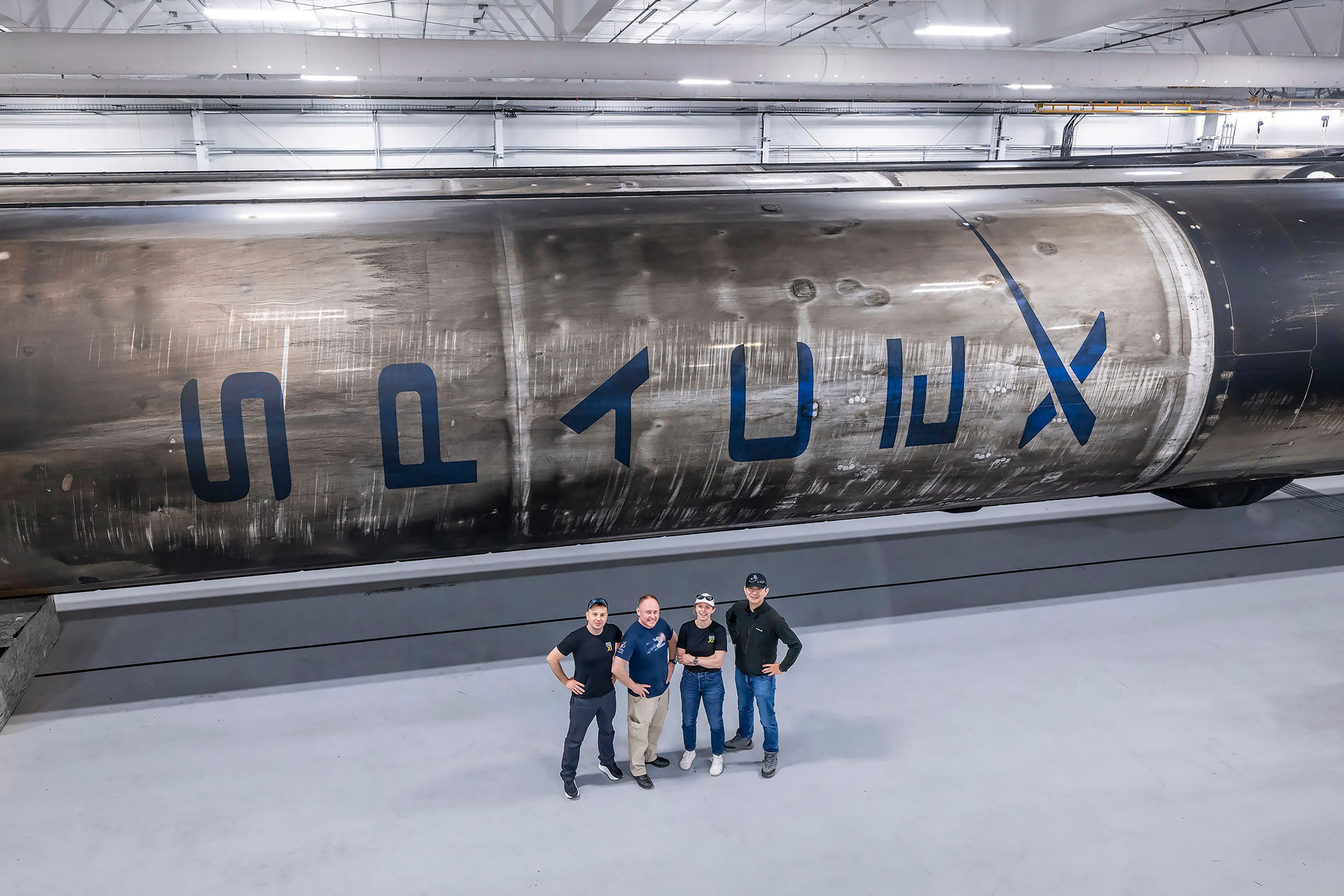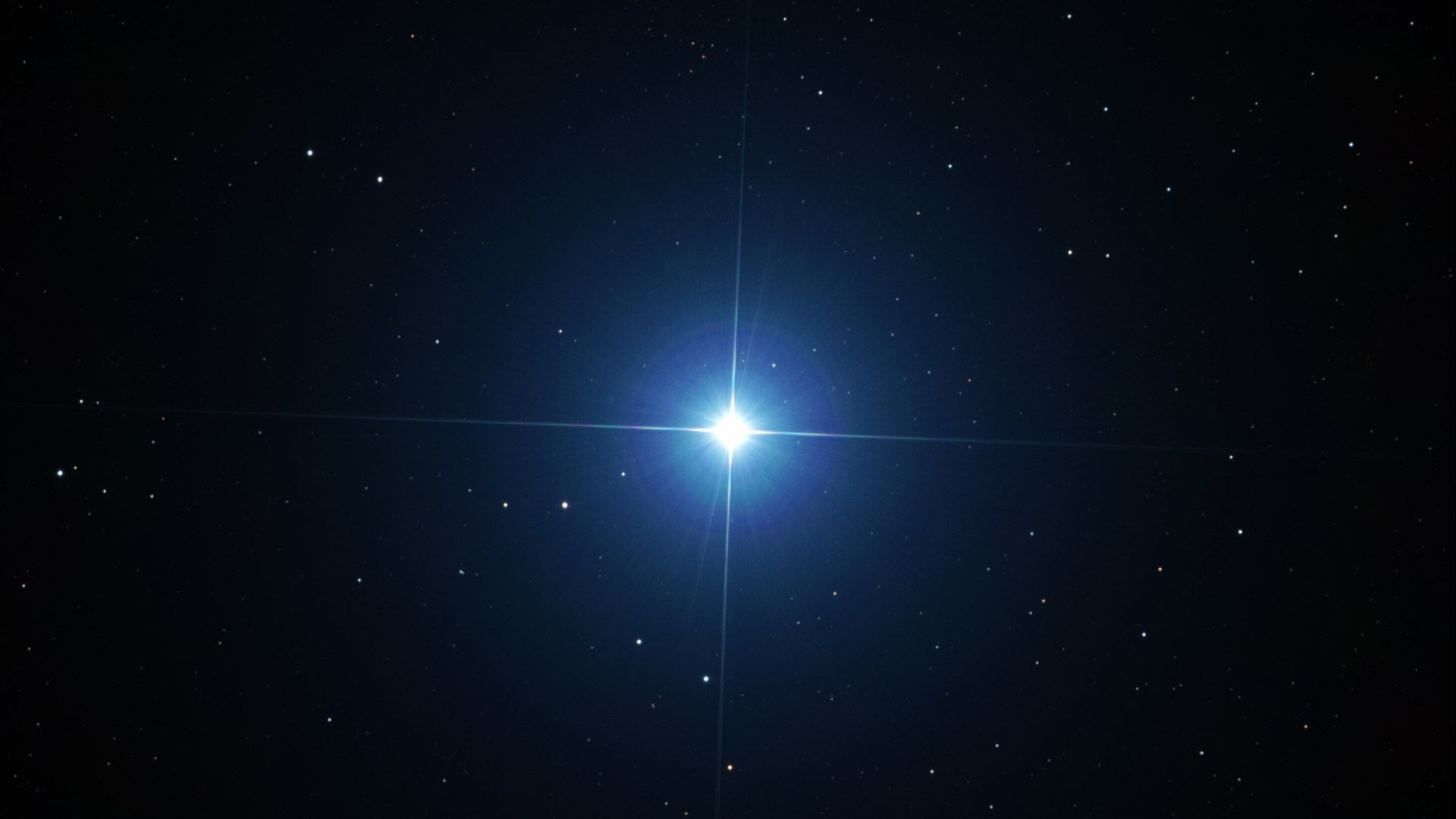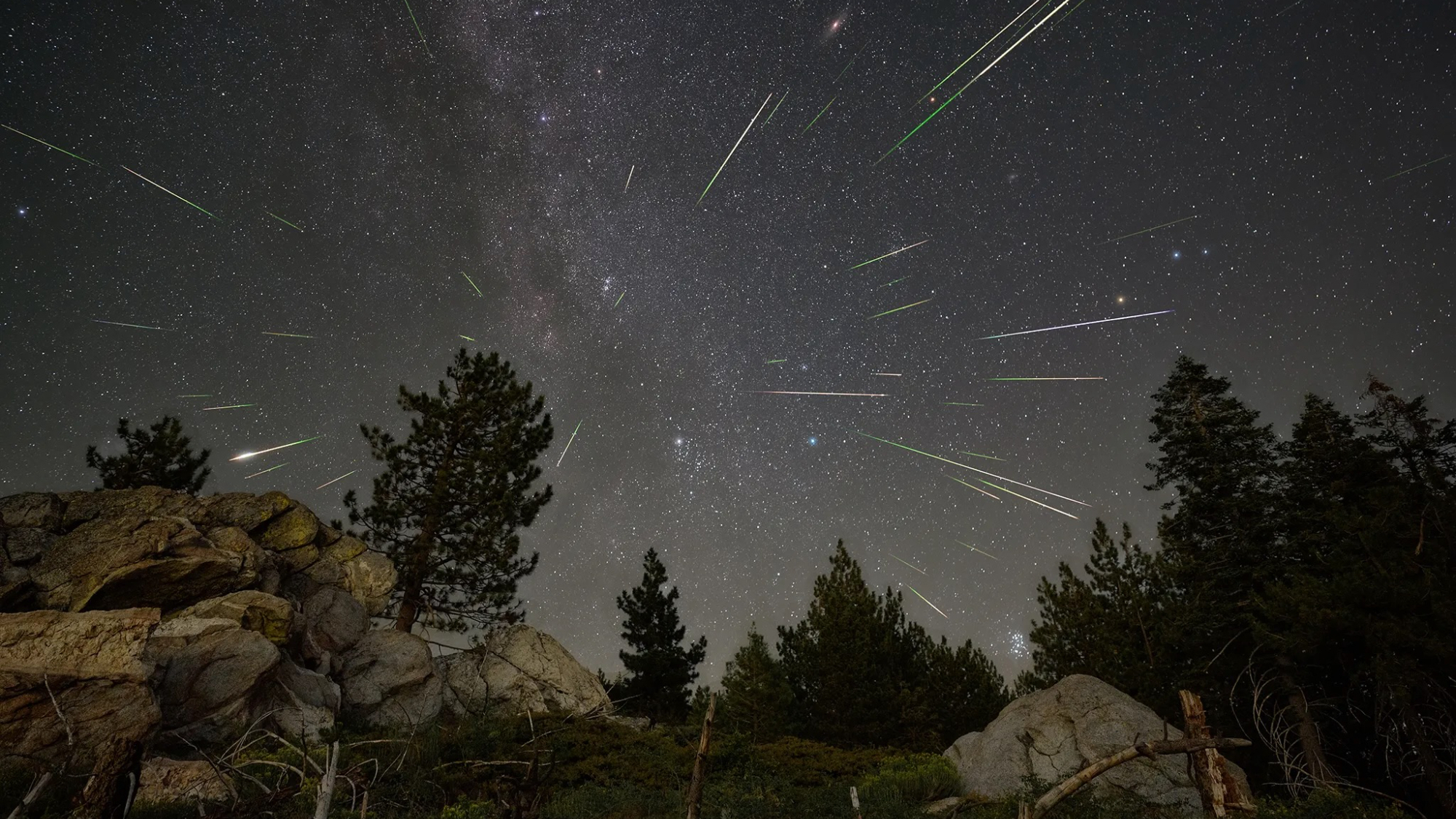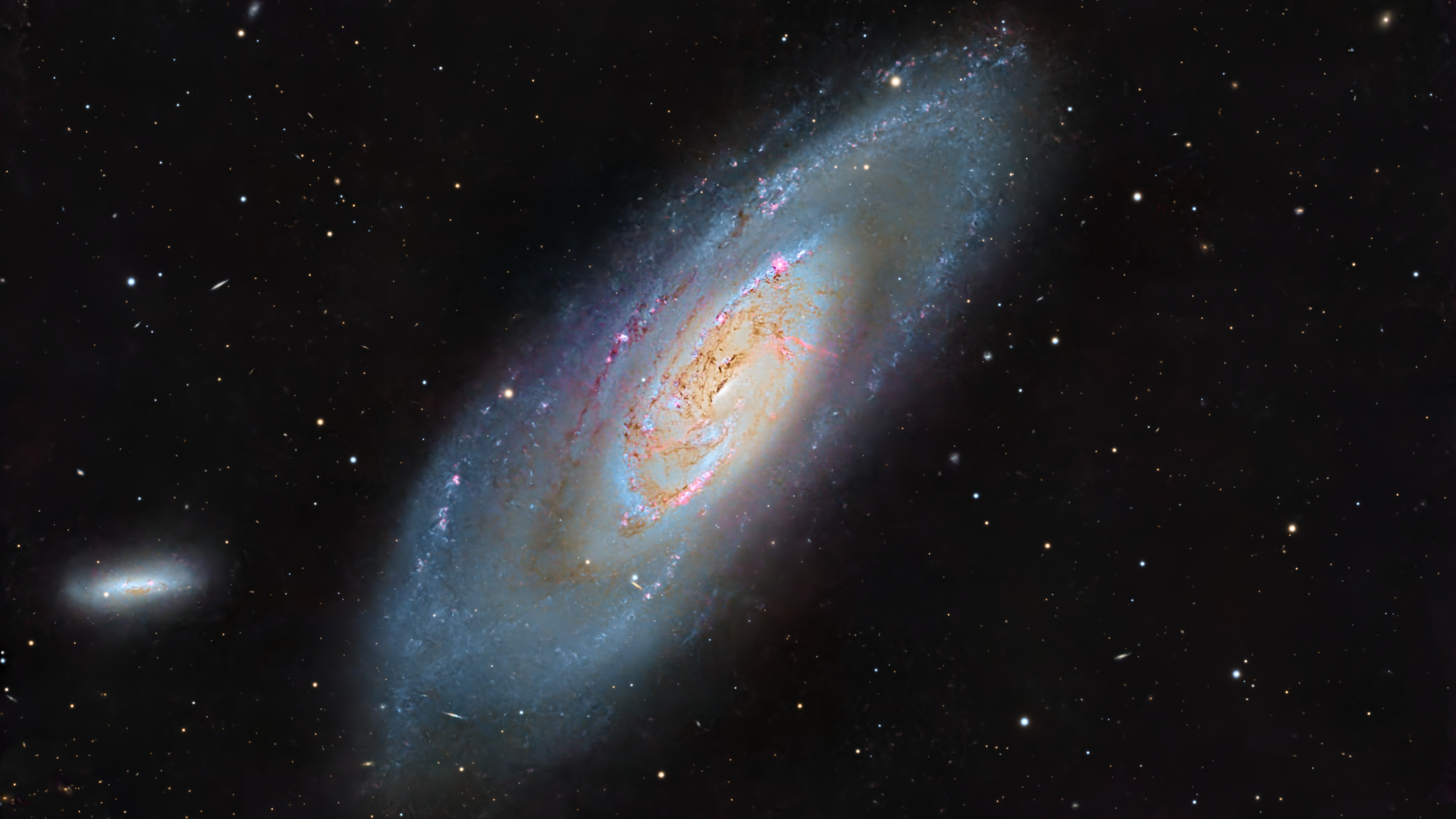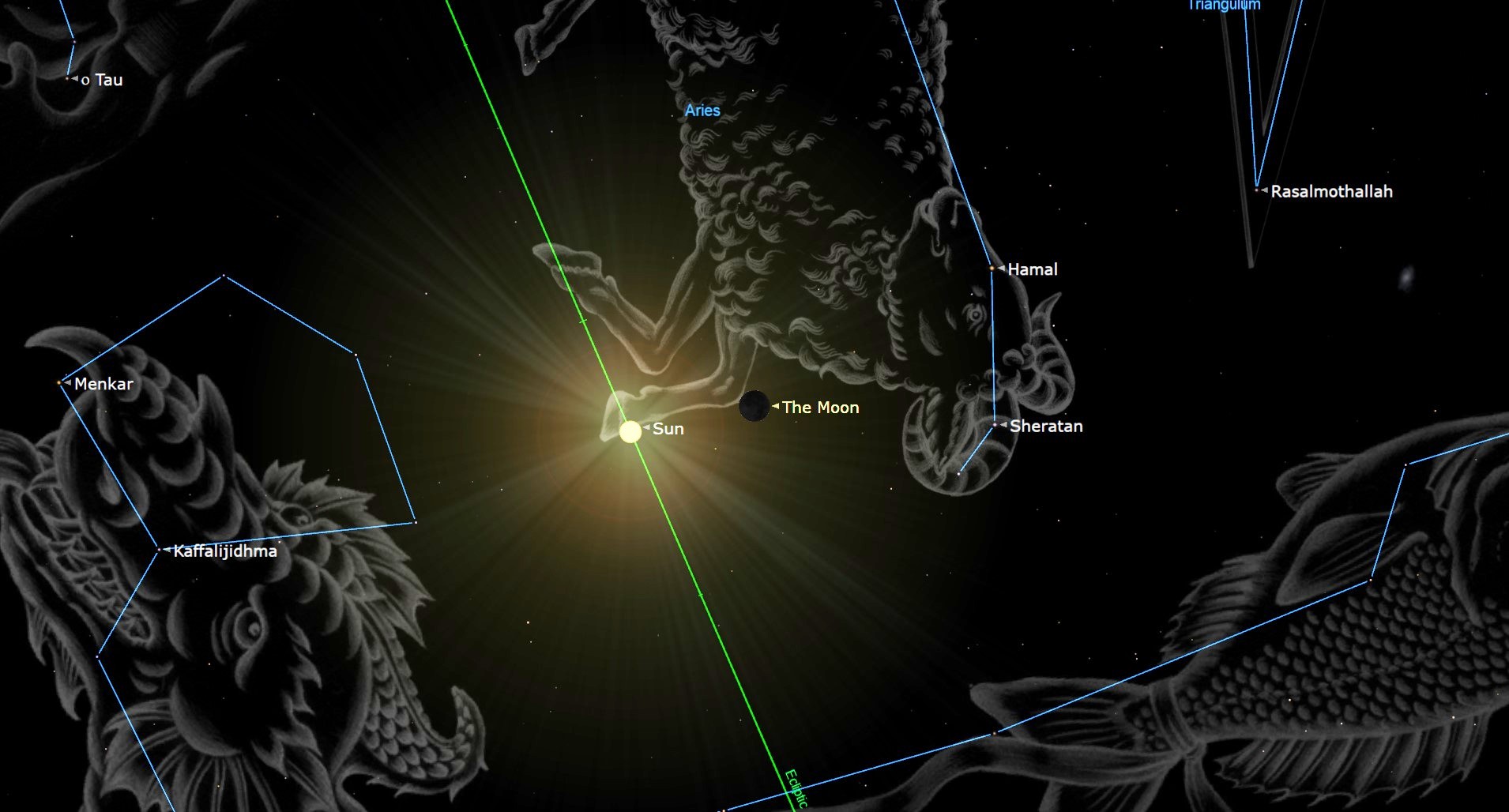
Japan's Military to Track Space Junk By 2019: Report
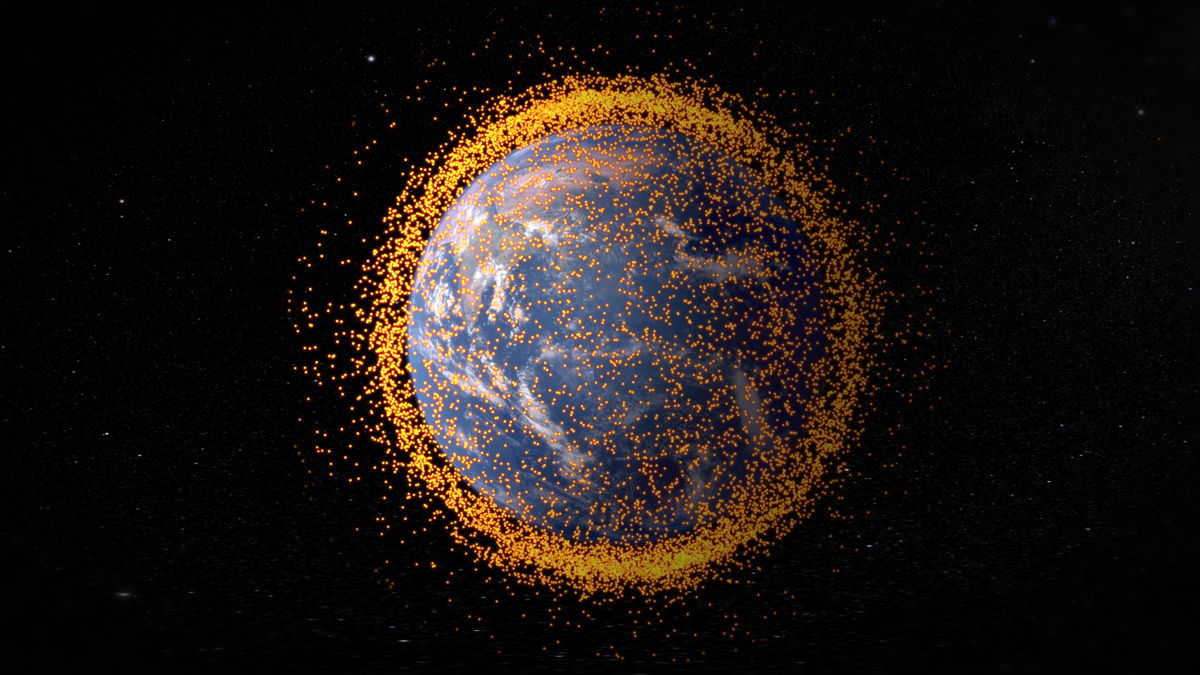
Japan is gearing up to track dangerous space junk orbiting Earth, according to press reports. The nation plans to create a military space force that would be used to track dangerous objects that could do harm to functional satellites and other assets in space.
Japanese officials plan on launching the system, which includes radar and telescope operations, by 2019. The mission will also provide data for the United States military, according to AFP. An unnamed source told the Tokyo-based Kyodo news agency that the new space force will be used to strengthen ties between the U.S. and Japan in space, the "fourth battlefield."
Space junk is a serious problem for any nation sending objects into space. Spent parts of rockets, debris from launches, dead satellites and other items float through space at thousands of miles an hour. Some scientists think that there are about 500,000 pieces of dangerous space debris floating in orbit. The new system will be used to monitor the potentially harmful bits of junk. [Space Junk Clean Up: 7 Wild Ways to Destroy Orbital Debris]
Some countries and companies have developed new ideas for getting rid of space junk in orbit. A Swiss spaceflight company, for example, is developing a craft called CleanSpace One. The spacecraft would be a "catcher's mitt" that could launch to a specific place in space and nab a potentially harmful piece of orbital debris. The craft would then fling itself and the dangerous junk into Earth's atmosphere, destroying both of them in the process.
Follow Miriam Kramer @mirikramer and Google+. Follow us @Spacedotcom, Facebook and Google+.
Get the Space.com Newsletter
Breaking space news, the latest updates on rocket launches, skywatching events and more!
Join our Space Forums to keep talking space on the latest missions, night sky and more! And if you have a news tip, correction or comment, let us know at: community@space.com.

Miriam Kramer joined Space.com as a Staff Writer in December 2012. Since then, she has floated in weightlessness on a zero-gravity flight, felt the pull of 4-Gs in a trainer aircraft and watched rockets soar into space from Florida and Virginia. She also served as Space.com's lead space entertainment reporter, and enjoys all aspects of space news, astronomy and commercial spaceflight. Miriam has also presented space stories during live interviews with Fox News and other TV and radio outlets. She originally hails from Knoxville, Tennessee where she and her family would take trips to dark spots on the outskirts of town to watch meteor showers every year. She loves to travel and one day hopes to see the northern lights in person. Miriam is currently a space reporter with Axios, writing the Axios Space newsletter. You can follow Miriam on Twitter.

